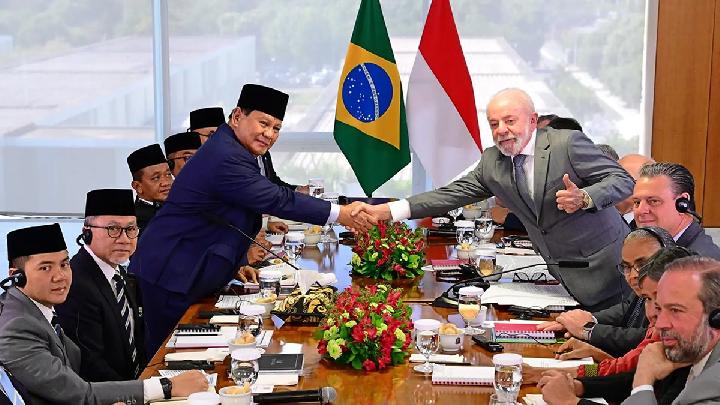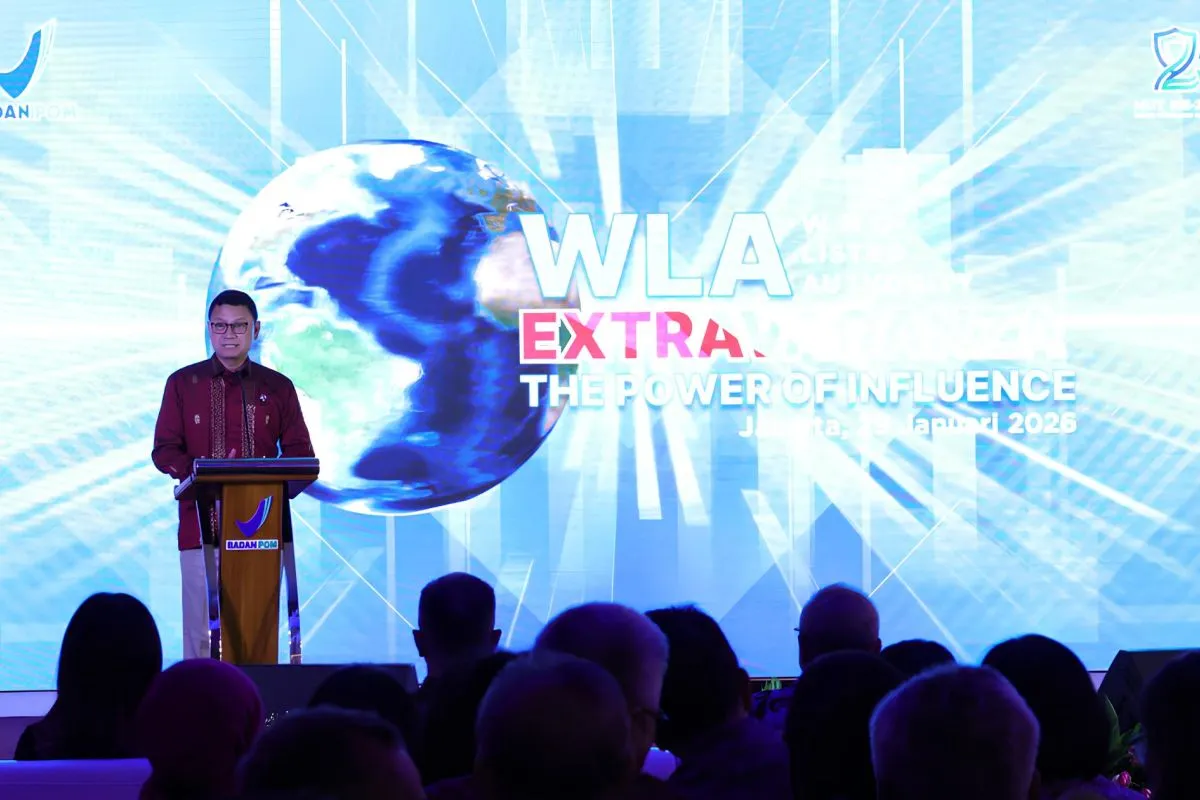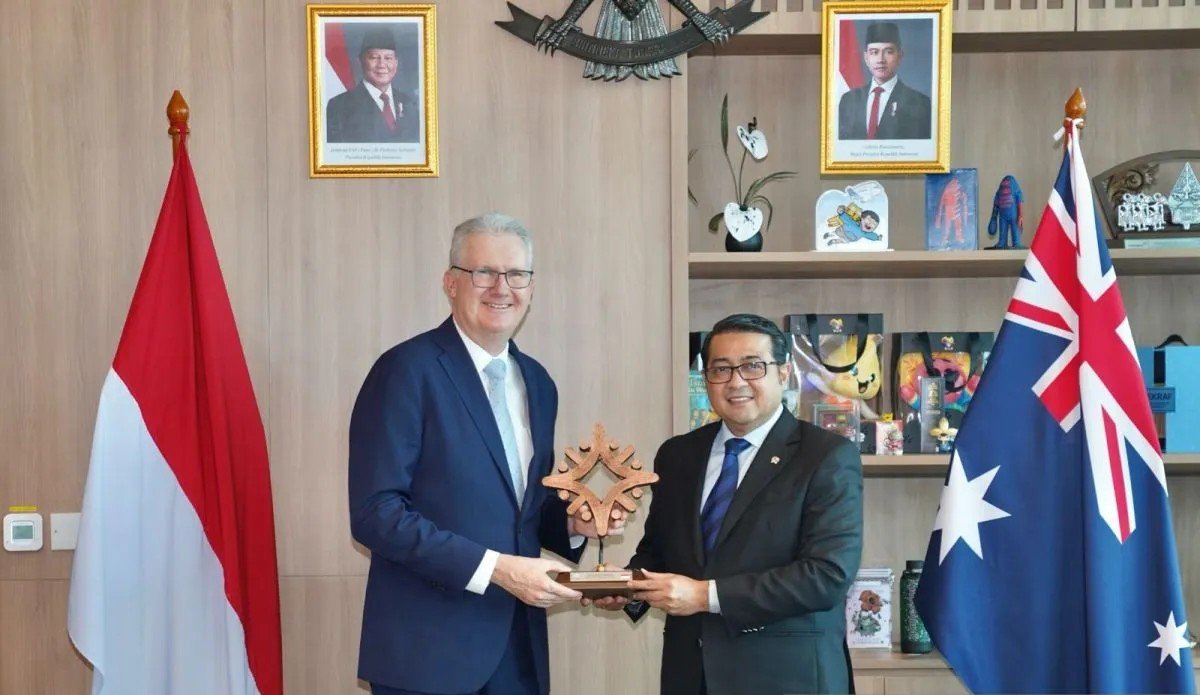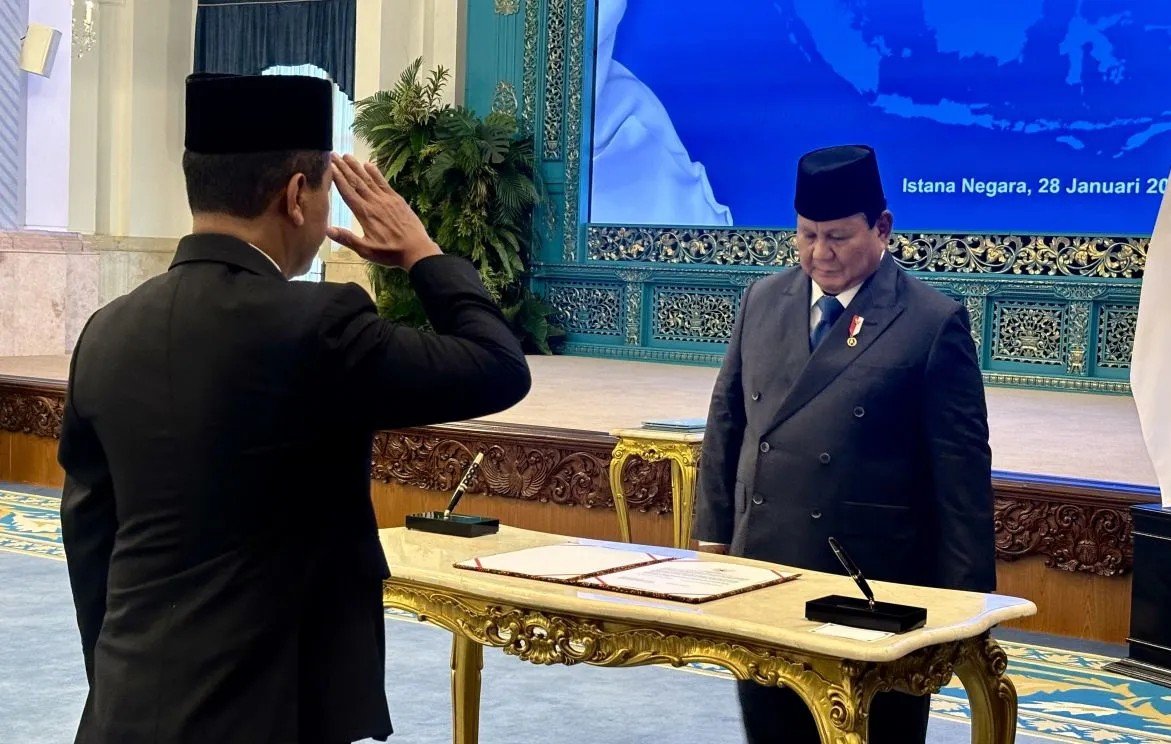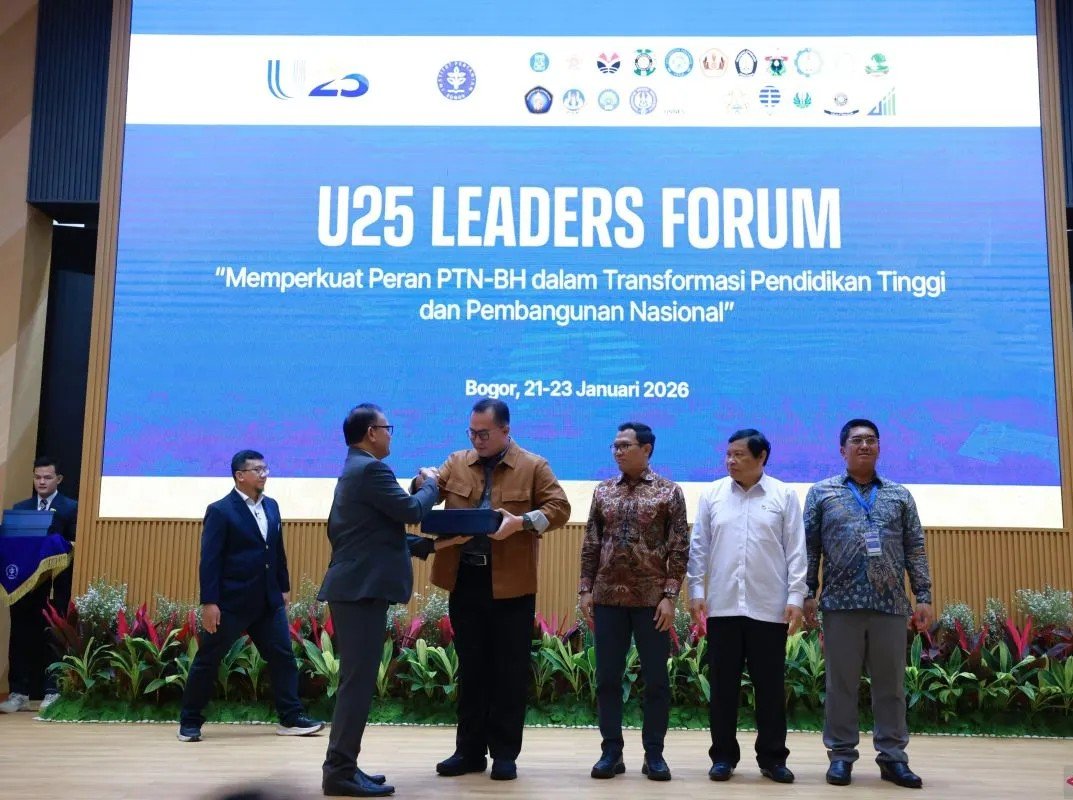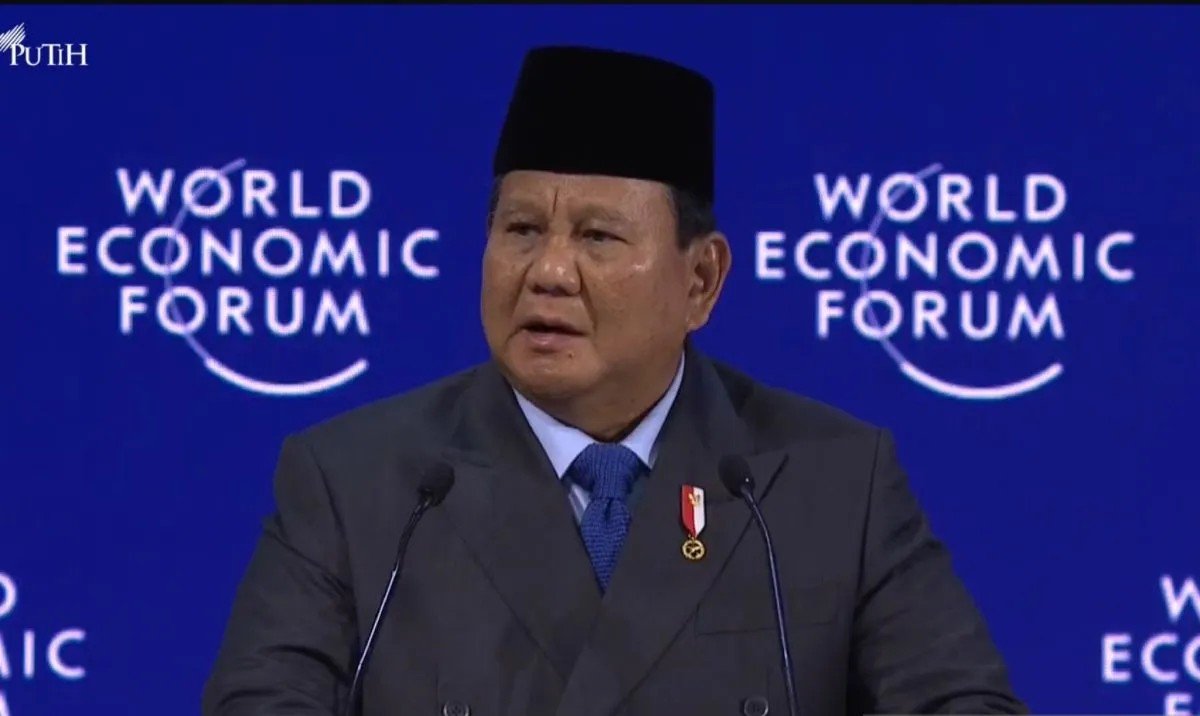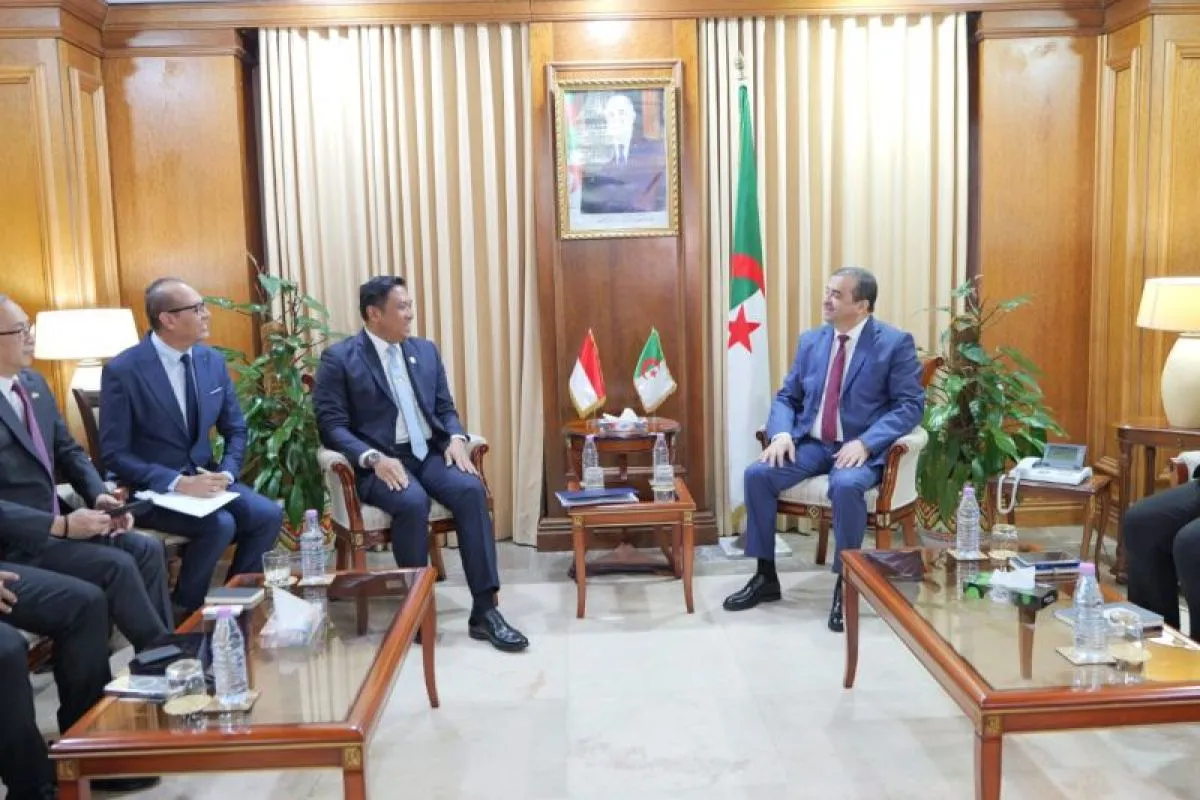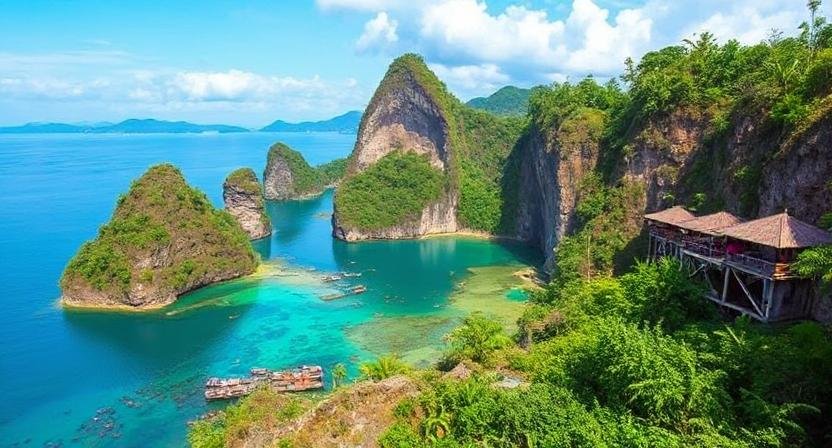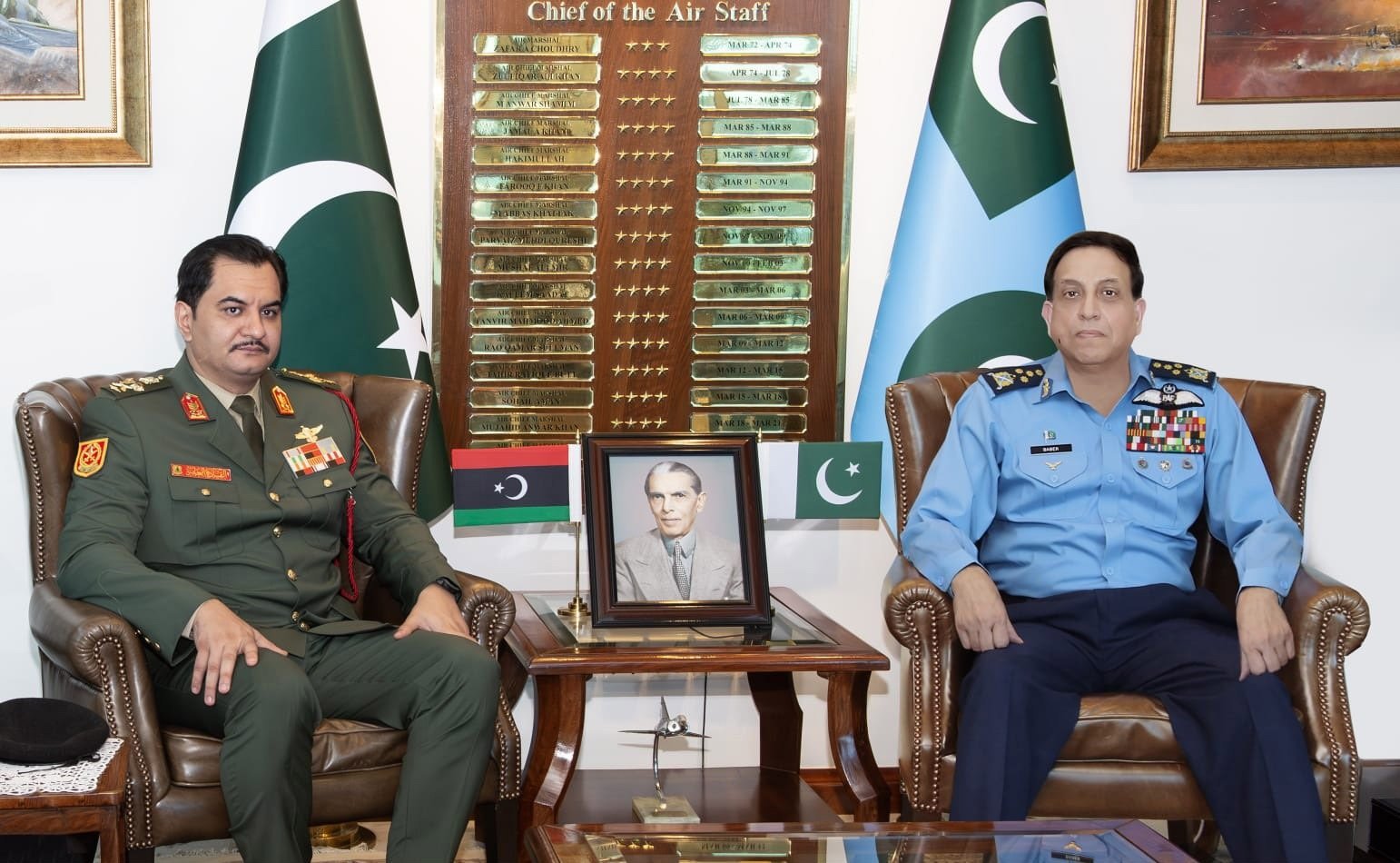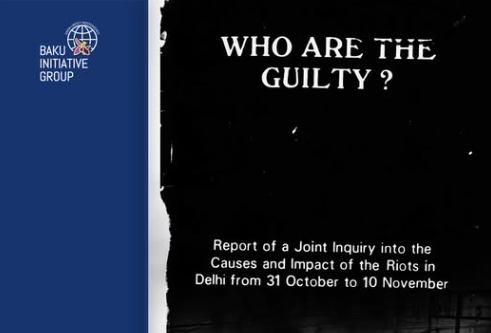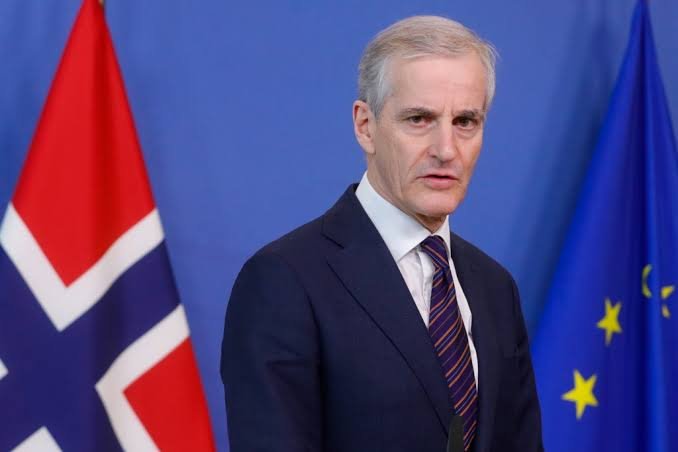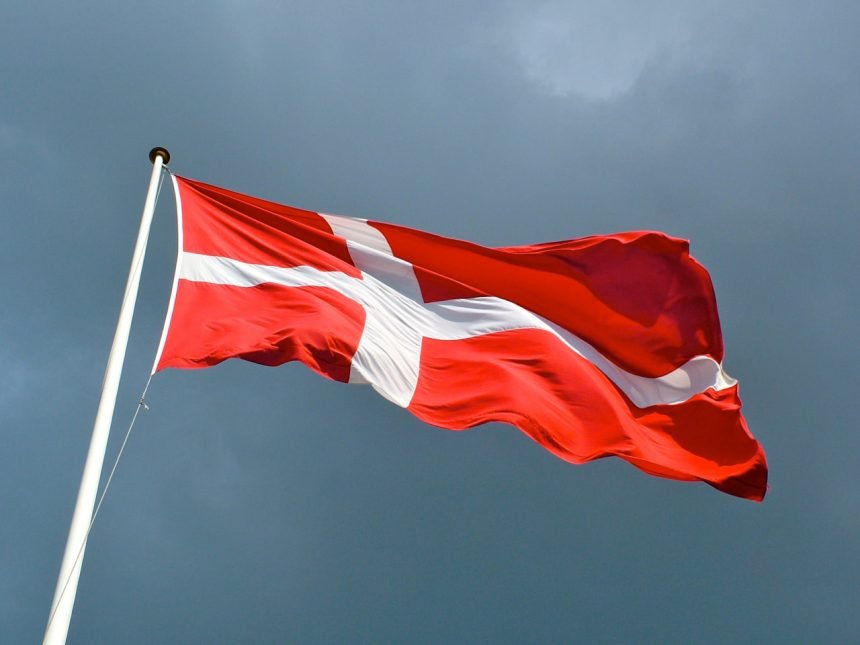Jakarta, October 25, 2025 — The Europe Today: Statistics Indonesia (BPS) and the Brazilian Institute of Geography and Statistics (IBGE) have formally established cooperation in the fields of statistics, research, and education, marking a significant step toward strengthening the national statistical systems of both nations and supporting development through reliable data.
The partnership was formalized through the signing of a memorandum of understanding (MoU) witnessed by Indonesian President Prabowo Subianto and Brazilian President Luiz Inácio Lula da Silva during the latter’s visit to Jakarta on Thursday.
In a statement issued Friday, BPS Chief Amalia Adininggar Widyasanti said the collaboration reflects the shared vision of Indonesia and Brazil to advance data-driven policymaking and evidence-based development.
“This cooperation not only deepens the relationship between BPS and IBGE, but also symbolizes the commitment of both nations to shaping a future grounded in data and science,” Widyasanti stated.
She expressed confidence that the partnership would enhance BPS’s international role while accelerating Indonesia’s efforts to build an open, innovative, and people-centered statistical system.
Under the MoU, the two institutions will collaborate on a broad range of initiatives, including the exchange of expertise in statistical methodologies, joint research projects, and double-degree programs to strengthen statistical education. The agreement also provides for capacity-building in human resources and the integration of advanced technologies such as big data, geospatial information systems, and artificial intelligence into statistical operations.
Widyasanti emphasized that this cooperation represents a concrete step toward implementing the 2023–2026 Revitalized Plan of Action under the Strategic Partnership Declaration between Indonesia and Brazil.
Beyond enhancing bilateral relations, the collaboration is expected to foster innovations in the collection, processing, and dissemination of social, economic, and environmental data—making them faster, more accurate, and more relevant for policy formulation.
She also noted that Indonesia and Brazil share similar challenges in producing reliable data due to their large populations and diverse geographic landscapes.
“By sharing experiences and technologies, we aim to ensure that the data we produce can effectively support national development—both now and in the future,” Widyasanti concluded.
